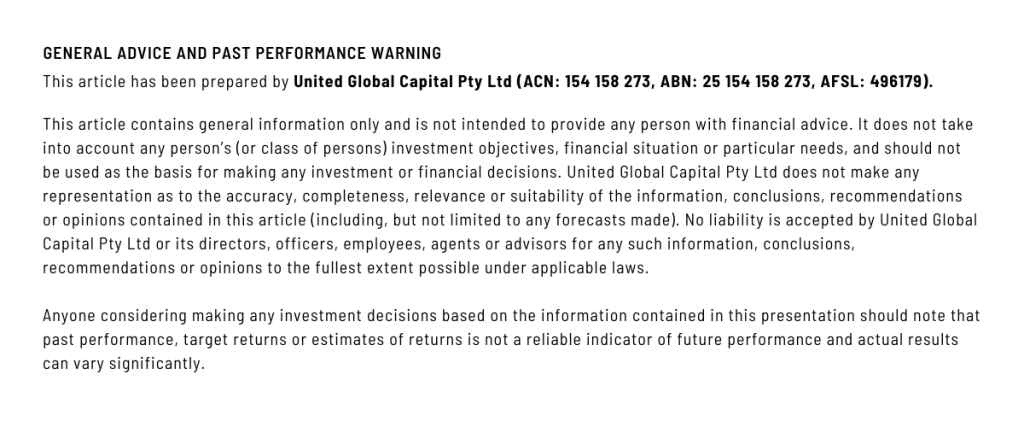What is the Retirement Age and How Much is Needed for Retirement?
Retirement is a significant milestone in life, marking a transition from the workforce to a period of leisure and fulfilment. However, many individuals are unsure about the ideal retirement age and how much they need to comfortably retire.
In this article, we will explore the concept of retirement age and delve into the financial aspects of retirement planning. Whether you’re just starting to think about retirement or seeking clarity on your existing plans, this article aims to provide insights and guidance on this crucial topic. Join us as we navigate the path to a secure and fulfilling retirement.

Retirement is a choice that individuals make to partially or fully cease working and embrace a life of leisure without the need for gainful employment.
A common misconception among Australians is that retirement begins when they become eligible for the Centrelink Age Pension, typically between the ages of 66 and 67.
The retirement age can be categorised based on the funds individuals plan to use for their retirement. If someone relies on their Super savings, they can only retire after reaching the preservation age, which is usually around 60 years old.
The choice of retirement age is influenced by the individual’s financial well-being and their ability to build assets throughout their working life. These assets should be capable of providing and sustaining their living expenses until their life expectancy.
The question of “How much is needed to retire?” is frequently asked by new clients. The standard response from financial advisors is to inquire about their required monthly expenses in today’s dollars, assuming all debts (such as principal home and personal debts) have been paid off and there are no financial dependents.
Moreover, the amount required for retirement depends on the desired quality of retired life, which may encompass vacations, purchasing a caravan for travel, home renovations, downsizing, or providing assets as gifts to children. Understanding these goals, expectations, and one’s current financial position is crucial.
Traditionally, individuals do not contemplate retirement until they are over 40 years old. However, there is a shifting trend, as younger people in their 30s are beginning to focus on financial freedom and early retirement.
Retirement planning is a vital aspect of financial well-being that everyone should consider and initiate earlier in their career.
It is essential for individuals to ascertain their retirement plans and the level of financial freedom they desire during their retired years. Alternatively, they may find themselves reliant on the Centrelink Age Pension.
Uncertain about your retirement plans? Feel free to contact us today to speak to one of our financial advisors.

